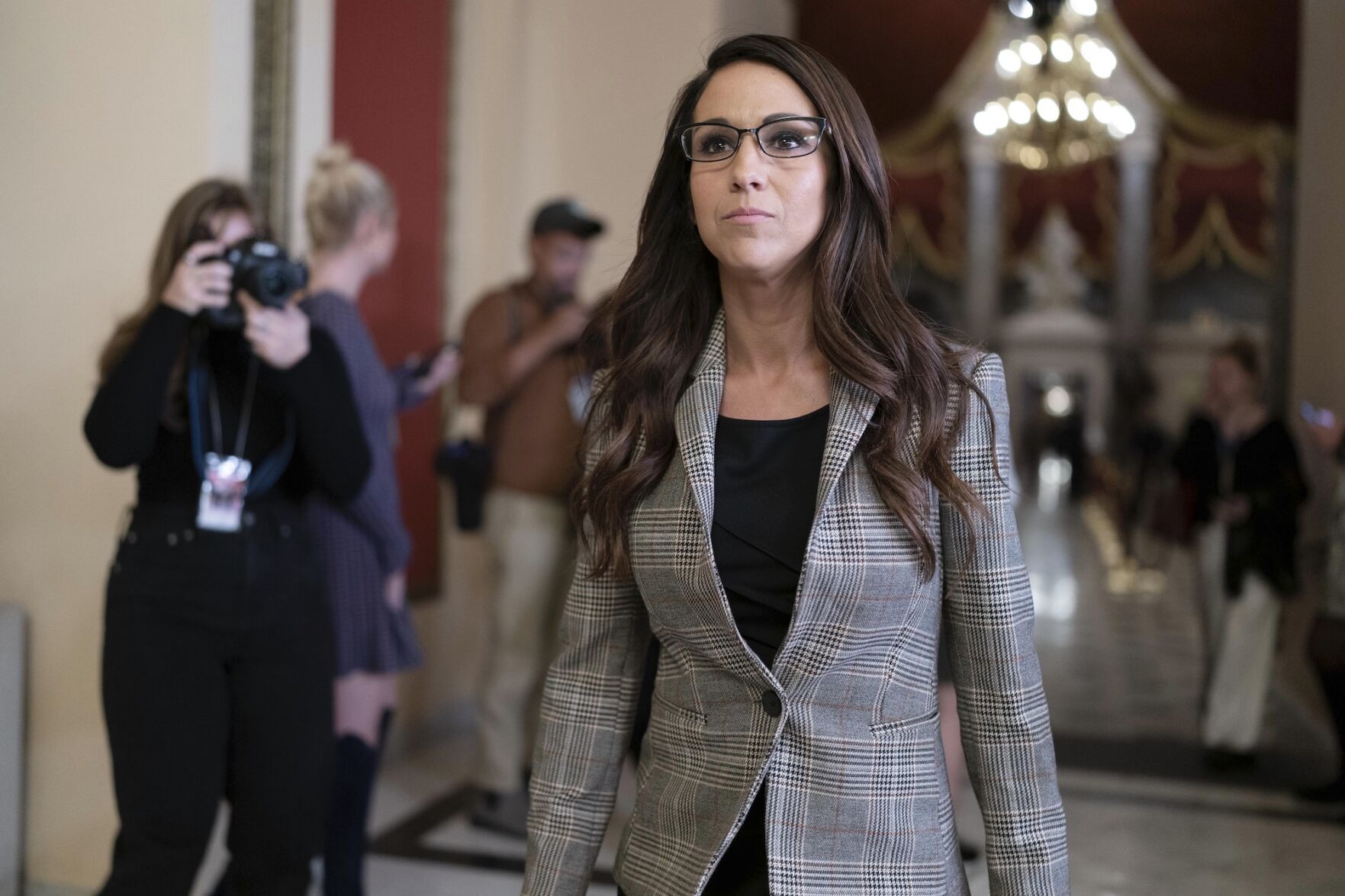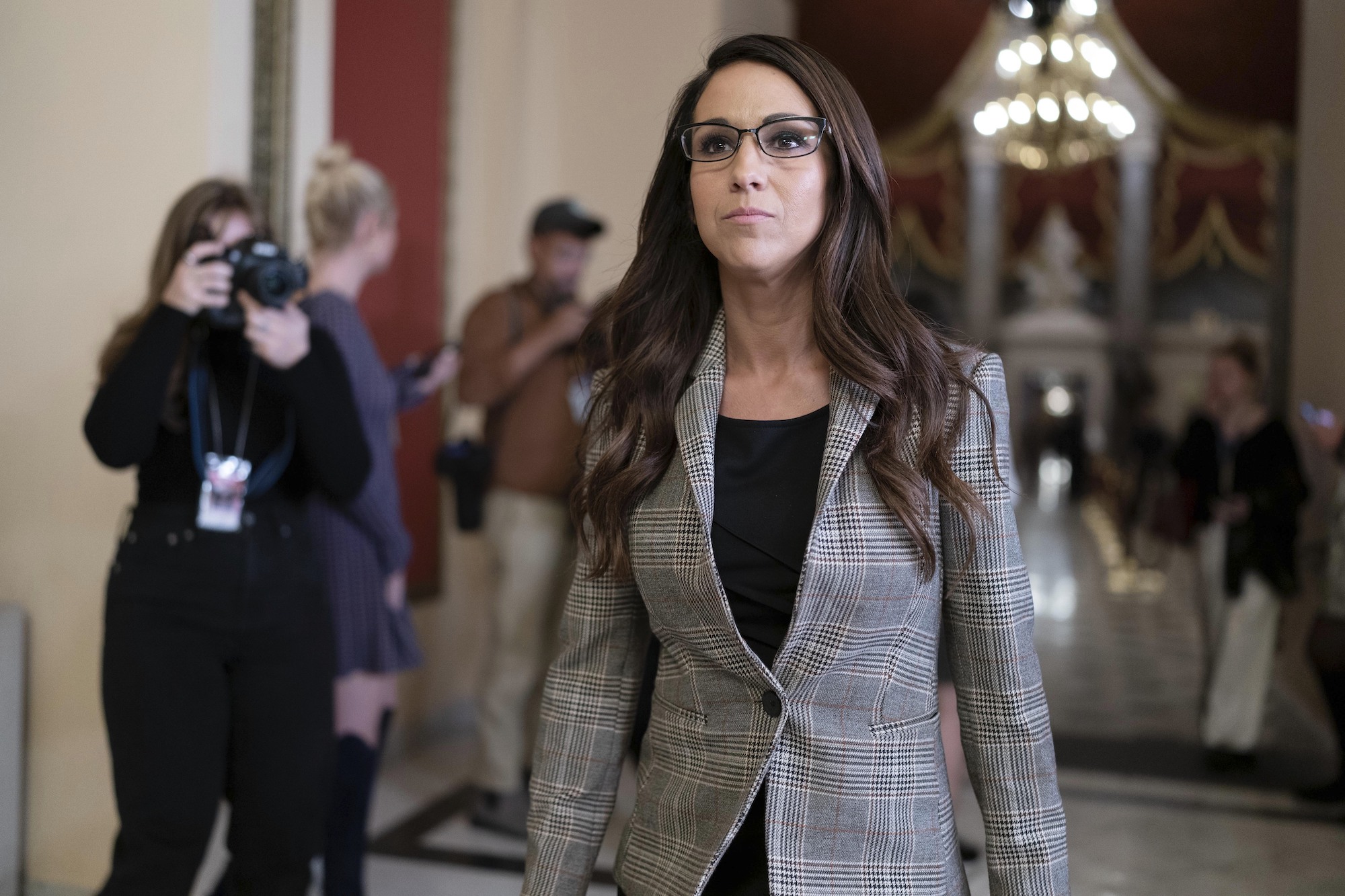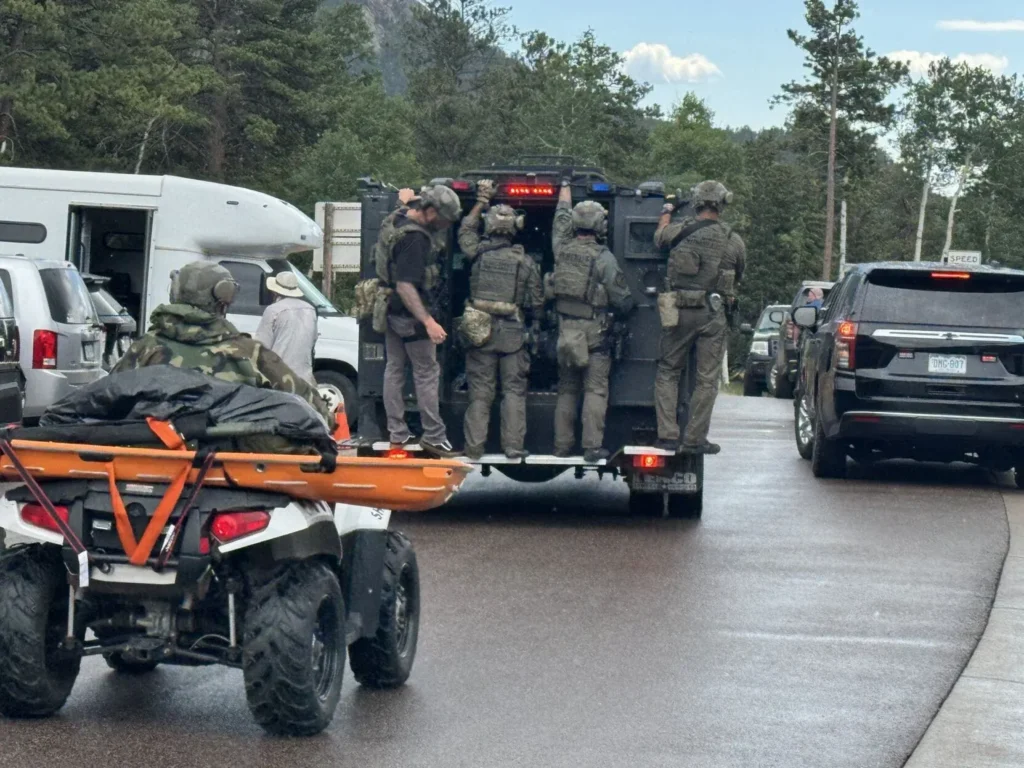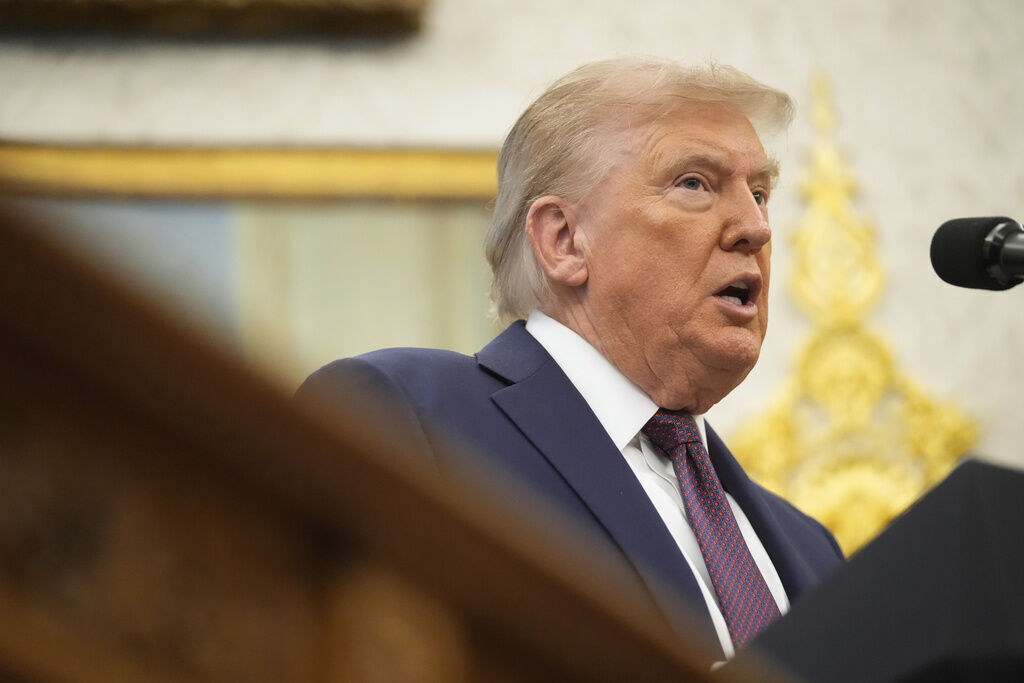Boebert’s impeachment push, Colorado state lawmakers make White House visit | WHAT YOU NEED TO KNOW

Today is June 16, 2023 and here’s what you need to know:
U.S. Rep. Lauren Boebert filed articles of impeachment this week against President Joe Biden, charging the Democrat with “dereliction of duty” by failing to “secure the southern border.”
“Joe Biden unconstitutionally violated his duty under Article II of the Constitution to ‘take care that the laws be faithfully executed’ by intentionally disregarding our immigration laws and enabling an invasion along our southern border,” the Rifle Republican said in a statement.
Added Boebert: “President Biden has pursued this open-border agenda purposefully and willfully, circumventing every safeguard, check, and balance required by law, resulting in mass illegal immigration into the United States, to the detriment of the American people.”
“What a clown show,” tweeted U.S. Rep. Jason Crow, an Aurora Democrat, in response to Boebert’s online declaration that she had submitted the articles.
Crow was one of the House managers who prosecuted former President Donald Trump’s first impeachment trial in the Senate. Trump, the only president to be impeached twice, was acquitted both times, in early 2020 and early 2021.
Capitol Hill watchers say Republicans don’t have the votes to impeach Biden in the House, much less obtain a conviction in the Senate, but Boebert insists she’ll bring the measure to a full floor vote if GOP leaders stall.
The move to impeach Biden marks a shift in outlook on Boebert’s part since January, when she speculated that fellow Republican lawmakers were balking at impeaching the president because removing him from office would elevate Vice President Kamala Harris to the presidency.
Colorado’s Sen. Sonya Jaquez Lewis and Rep. Brianna Titone visited the White House on Thursday to discuss the state’s laws protecting abortion.
The two Coloradans joined more than 80 legislators from 41 states who were invited to the White House this week to participate in panel discussions on their work “on the frontlines of the fight for reproductive rights,” a White House statement said.
Jaquez Lewis and Titone sponsored Senate Bill 188, one of Colorado’s newest abortion laws, this year. The law shields patients and providers of abortion and gender-affirming services in Colorado from penalties from other states. It was part of a three-bill package designed to protect and increase access to abortion, making Colorado among the strongest states in the nation for abortion rights.
“Colorado is a leader when it comes to protecting access to reproductive and gender-affirming care, and it was an honor to share more about the critical work Colorado has been doing to keep patients and providers safe at the White House today,” Jaquez Lewis, D-Longmont, said. “I am excited to continue our work to break down the barriers that stand in the way of getting our communities the care they need.”
The White House event comes days before the one-year anniversary of the Supreme Court overturning Roe v. Wade, eliminating federal abortion protections.
The union representing Aurora’s firefighters could be allowed to join the litigation between the city and the state that resulted in a consent decree addressing unlawful police and paramedic behavior, Colorado’s second-highest court ruled last week.
The agreement to reform the city’s policies came after Attorney General Phil Weiser released a report in 2021 documenting a pattern and practice of excessive force and racial bias among Aurora’s police. The findings also implicated Aurora Fire Rescue, whose use of the sedative ketamine was excessive and in violation of protocols.
Although the International Association of Firefighters Local 1290 was not part of the consent decree negotiations, it sought to intervene in the case on the grounds that the required reforms could alter its members’ rights under their collective bargaining agreement. A three-judge panel for the Court of Appeals determined Local 1290 may be able to insert itself in the litigation at the trial court’s discretion, but it had no automatic right to join as a party.
“Although the Union speculates that the consent decree ‘may conflict with’ the CBA, it does not identify any particular conflict,” wrote Judge David H. Yun in the June 8 opinion. Union members will implement the consent decree’s reforms, he acknowledged, but “so, too, will many other City employees. Allowing all employees affected by the decree to claim a legally protectable interest would create an unmanageably large number of potentially intervening parties.”
A man with a history of raping women, who is serving 136 years in prison, will receive a new trial after the state’s second-highest court concluded an Arapahoe County judge allowed a biased juror to serve in the 2021 trial.
On Thursday, a three-judge panel for the Court of Appeals concluded, by 2-1, that it was improper for a woman to remain on Tre Miekale Carrasco’s jury after she admitted it would be “hard” to find him not guilty. District Court Judge Ben L. Leutwyler’s refusal to dismiss the woman, identified as Juror H, was a mistake.
“Juror H adhered to an incorrect view of the law,” wrote Judge Anthony J. Navarro in the June 15 opinion. “Her statements indicated plainly that she would have difficulty presuming Carrasco innocent of the charged crimes.”
Judge David H. Yun believed a new trial for Carrasco was unwarranted. He honed in on a specific moment between Juror H’s statements and Leutwyler’s decision not to dismiss her. Leutwyler asked all jurors to raise their hands if they could not presume Carrasco was innocent until proven guilty. Nobody, including Juror H, raised their hand.
“By not raising her hand, Juror H affirmed that she could apply the presumption of innocence. No other reasonable conclusion, in my view, could be reached,” Yun argued. “At some point, we have to trust that what a juror indicated is what she meant. And this is something that the trial court, not an appellate court, should decide.”
The massive federal effort to expand internet access to every home in the U.S. took a major step forward on Friday with the announcement of $930 million in grants to shore up connections in remote parts of Alaska, rural Texas and dozens of other places where significant gaps in connectivity persist.
The so-called middle mile grants, announced by the Department of Commerce, are meant to create large-scale networks that will enable retail broadband providers to link subscribers to the internet. Department officials likened the role of the middle mile – the midsection of the infrastructure necessary to enable internet access, composed of high-capacity fiber lines carrying huge amounts of data at very high speeds – to how the interstate highway system forged connections between communities.
“These networks are the workhorses carrying large amounts of data over very long distances,” said Mitch Landrieu, the White House’s infrastructure coordinator, in a media Zoom call. “They’re the ones that are bridging the gap between the larger networks and the last mile connections, from tribal lands to underserved rural and remote areas to essential institutions like hospitals, schools, libraries and major businesses.”
The grants were awarded to a cross-section of state government agencies, tribal governments and telephone and electric cooperatives. They are intended to trigger the laying of 12,000 miles (19,300 kilometers) of new fiber through 35 states and Puerto Rico.













